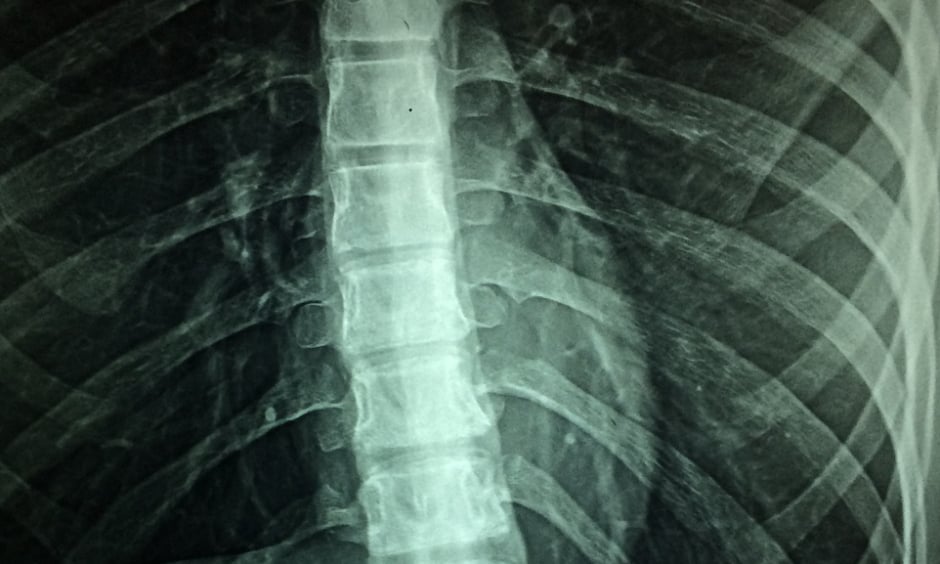A MECHANISM that reduces the ability of the central nervous system to recover after injury has been uncovered by researchers from the Karolinska Institutet, Solna, Sweden. The findings help explain why functional recovery is limited following injuries to the brain and spinal cord and could provide the basis for new therapies that promote rehabilitation after such damage.
Formation of Scar Tissue
Previous work has shown that a special type of scar tissue forms after injury to the central nervous system. This prevents the generation of new cells to replace the ones that were lost, because nerve fibres of the central nervous system are unable to grow through this scar tissue, thus inhibiting recovery. Using a mouse model, the team were able to understand how this scar tissue prevents nerve fibre regeneration.
Improving Functional Recovery
The phenomenon is caused by a small population of cells lining blood vessels that bring about a large part of the scar tissue. The researchers found that by inhibiting the formation of the scar tissue facilitated by these blood vessel-associated cells, some of the nerve fibres were able to grow through the injury and reconnect with other nerve cells. In mice with spinal cord injuries, this led to improved functional recovery, showcasing a potential way of promoting recovery after central nervous system injuries in humans.
Further Studies
“Our findings give an important explanation as to why functional recovery is so limited following injury to the central nervous system,” said Dr Christian Göritz, Karolinska Institutet. “Further studies are now needed to explore whether this knowledge can be used to promote recovery following injury to the central nervous system in humans.”
James Coker, Reporter
For the source and further information about the study, click here.








